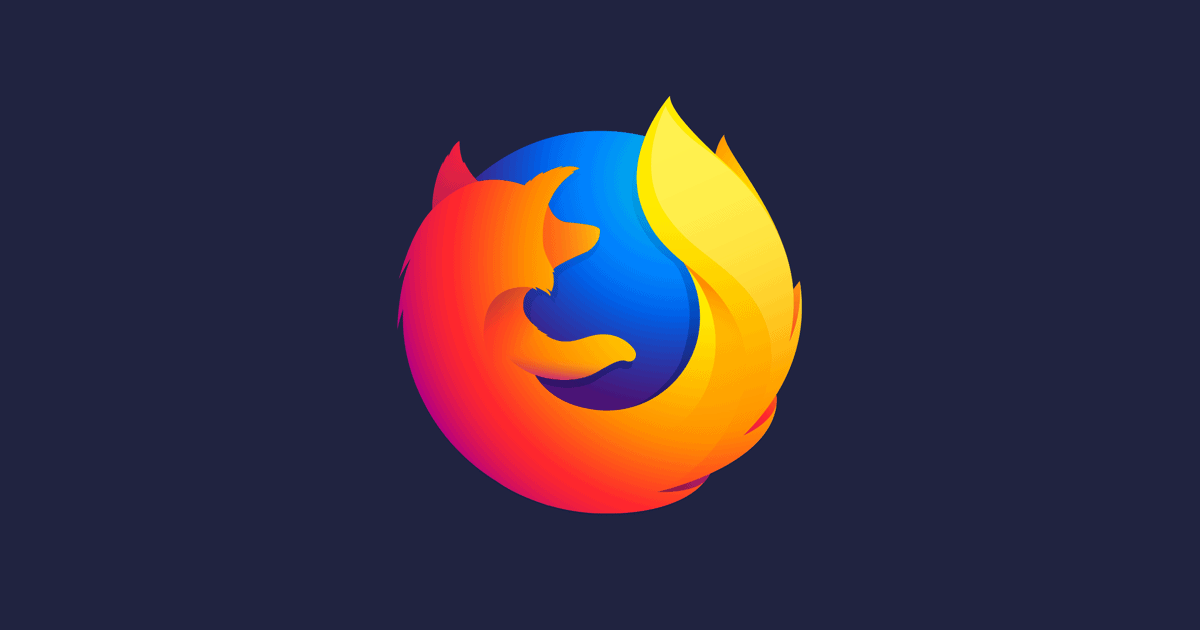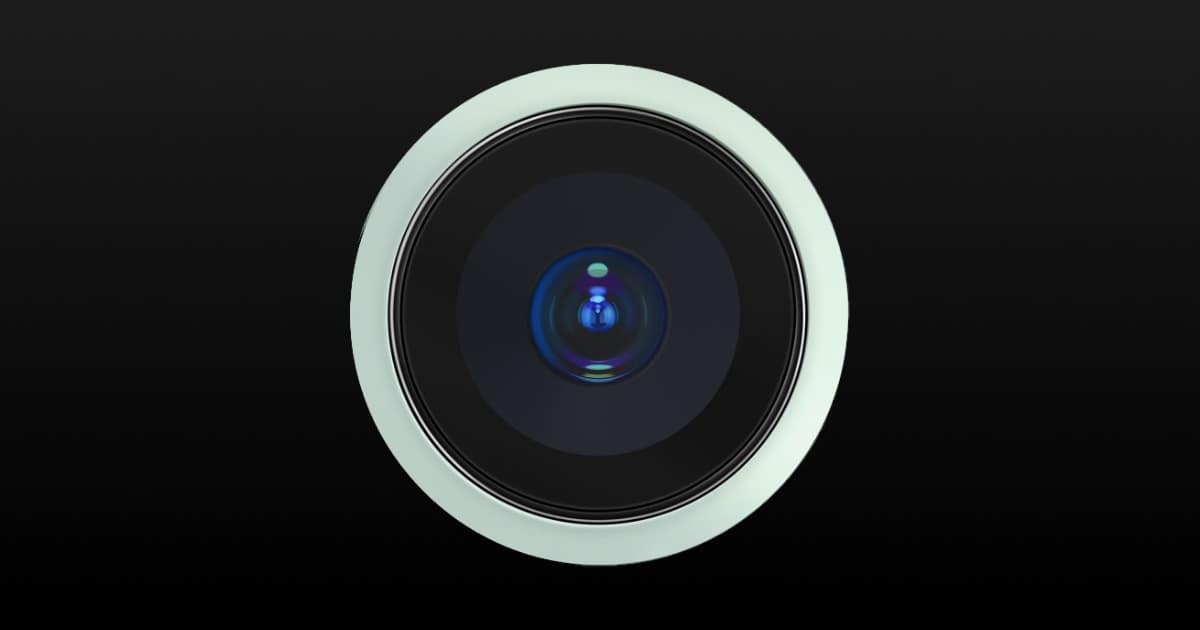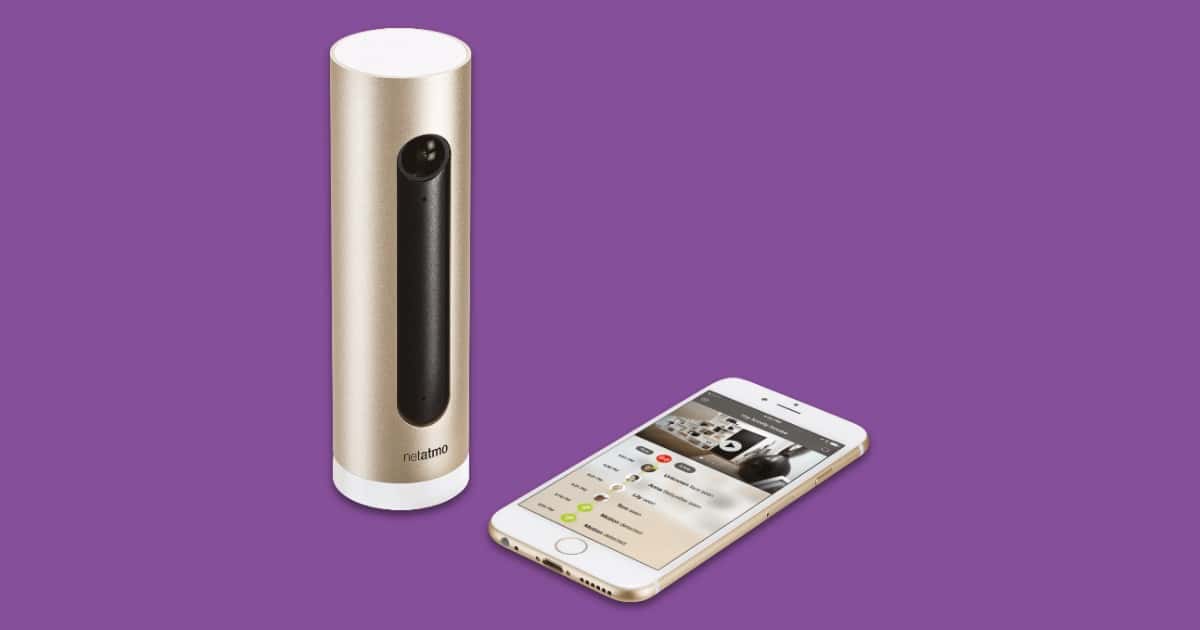Wink is a company that makes smart home devices, and it recently announced it will force customers to pay a US$5/month subscription or they will lose access to device functionality.
In order to provide for development and continued growth, we are transitioning to a $4.99 monthly subscription, starting on May 13, 2020. This fee is designed to be as modest as possible […] Should you choose not to sign up for a subscription you will no longer be able to access your Wink devices from the app, with voice control or through the API, and your automations will be disabled on May 13. Your device connections, settings and automations can be reactivated if you decide to subscribe at a later date.
1: I think that’s called extortion, or fraud at the very least. 2: Apparently Wink is owned by will.i.am of The Black Eyed Peas, and has trouble paying its employees. Not that it’s relevant, I just haven’t heard either of those names in years.























